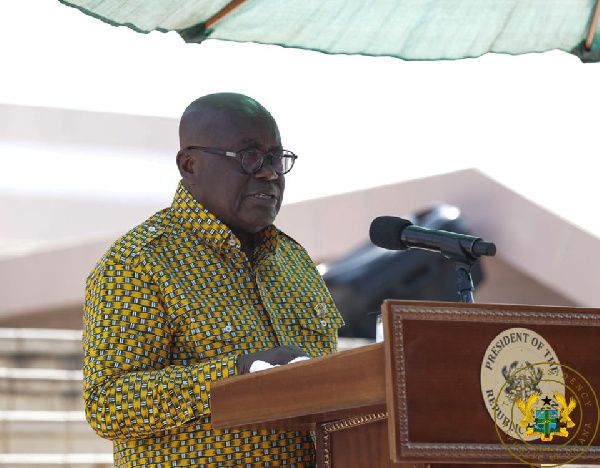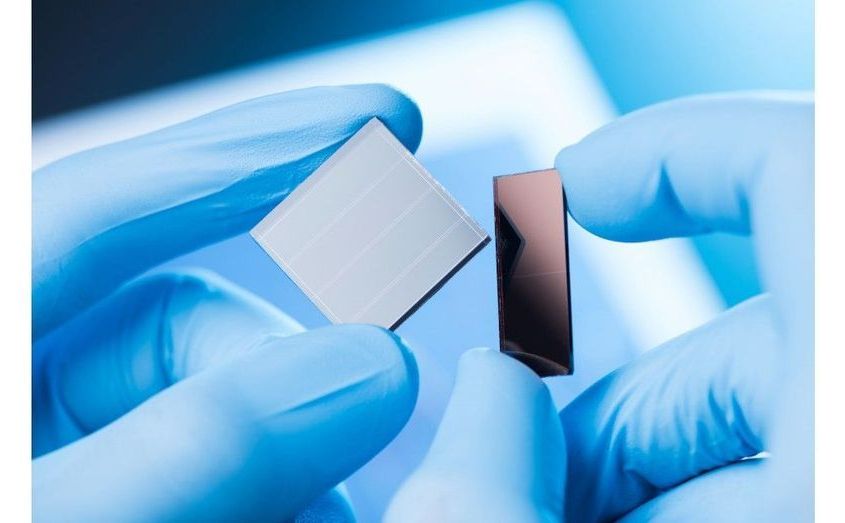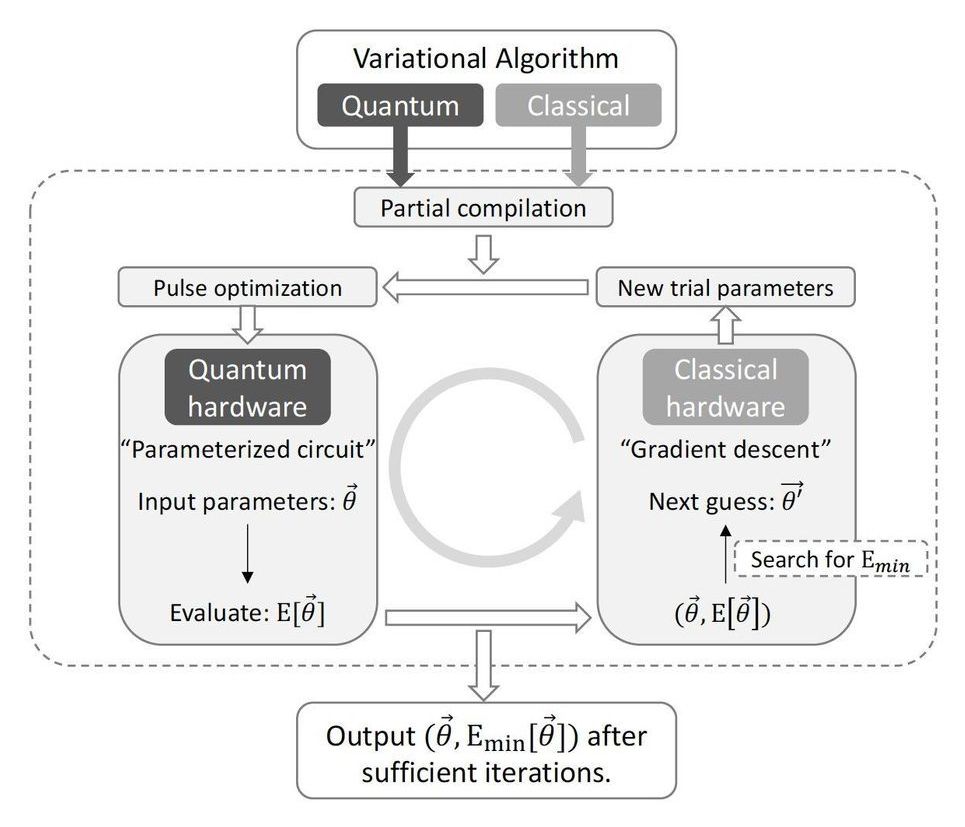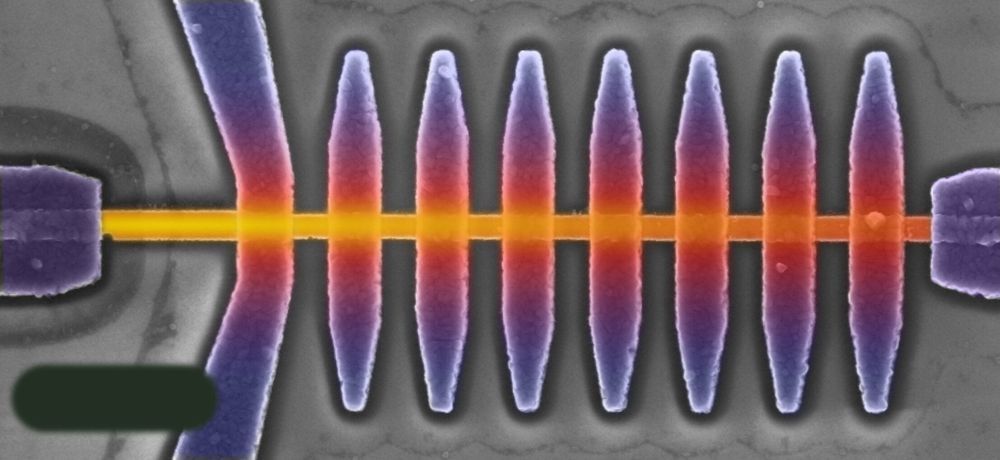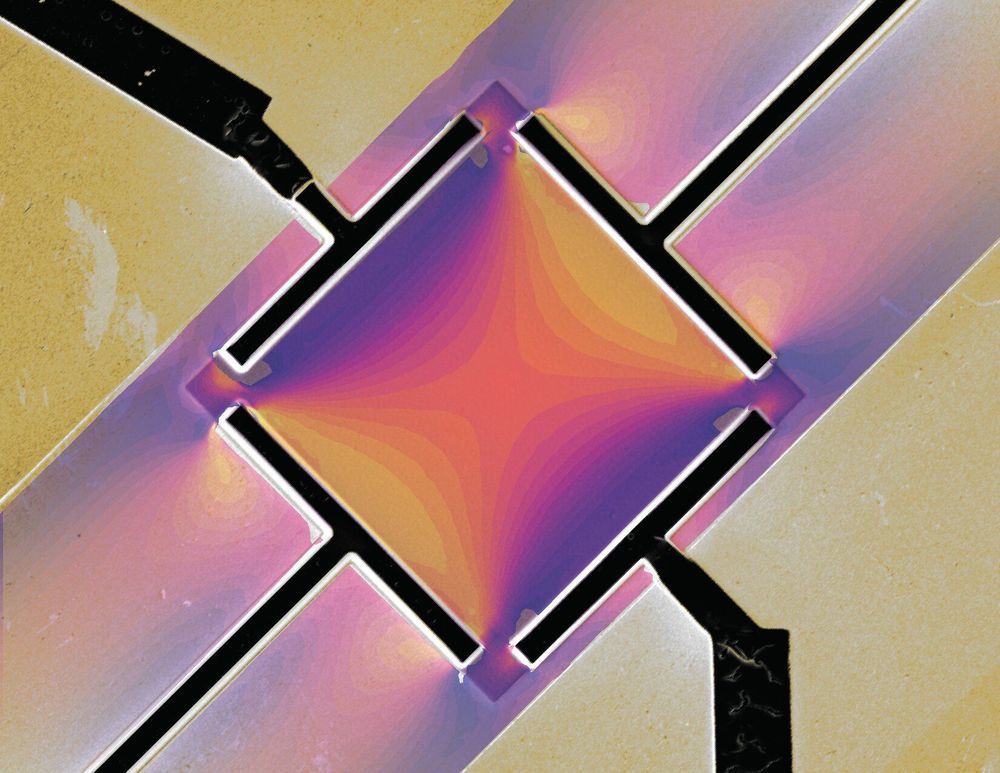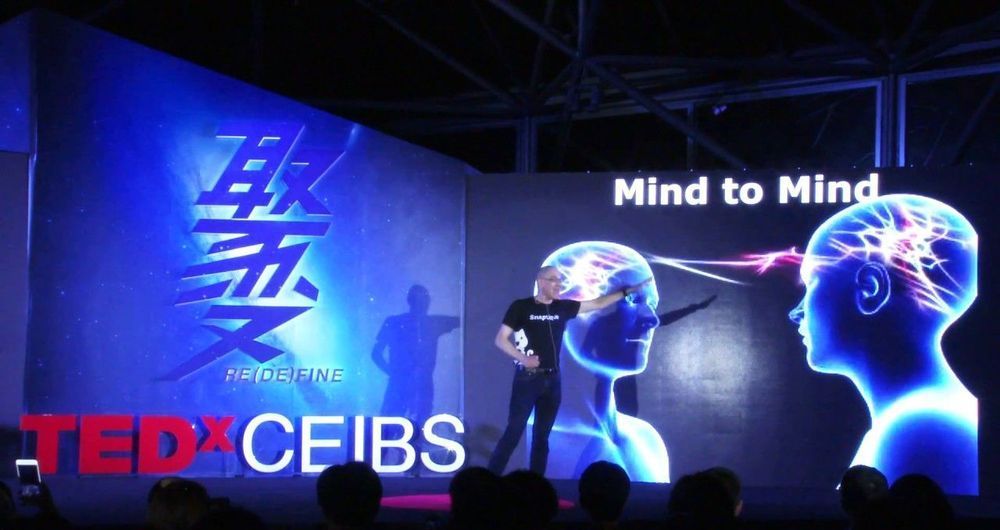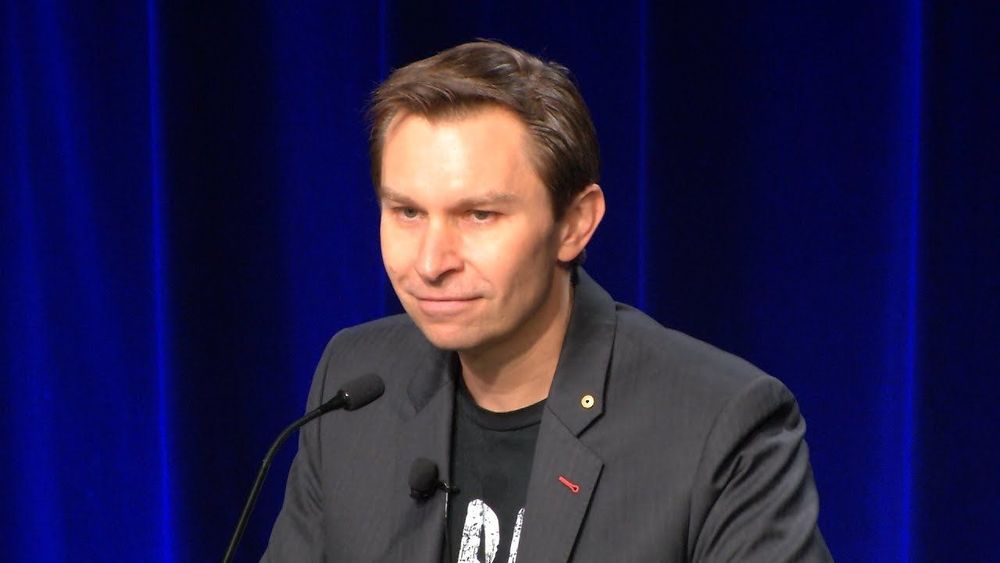Oct 12, 2019
Ghana launches second drone delivery base at Mampong
Posted by Genevieve Klien in categories: biotech/medical, drones, robotics/AI
President Nana Addo Dankwa Akufo-Addo on Thursday opened Ghana’s newest medical drone delivery base at Asante Mampong as part of his duty tour of the Ashanti region this week.
This marks the second of what will be four medical drone delivery bases that have been commissioned to help expand access to critical and life-saving medicines for people across Ghana.
Zipline, a California-based robotics company, operates the medical drone delivery service with support from Gavi, the Vaccine Alliance, the Bill & Melinda Gates Foundation, the UPS Foundation and other partners.
